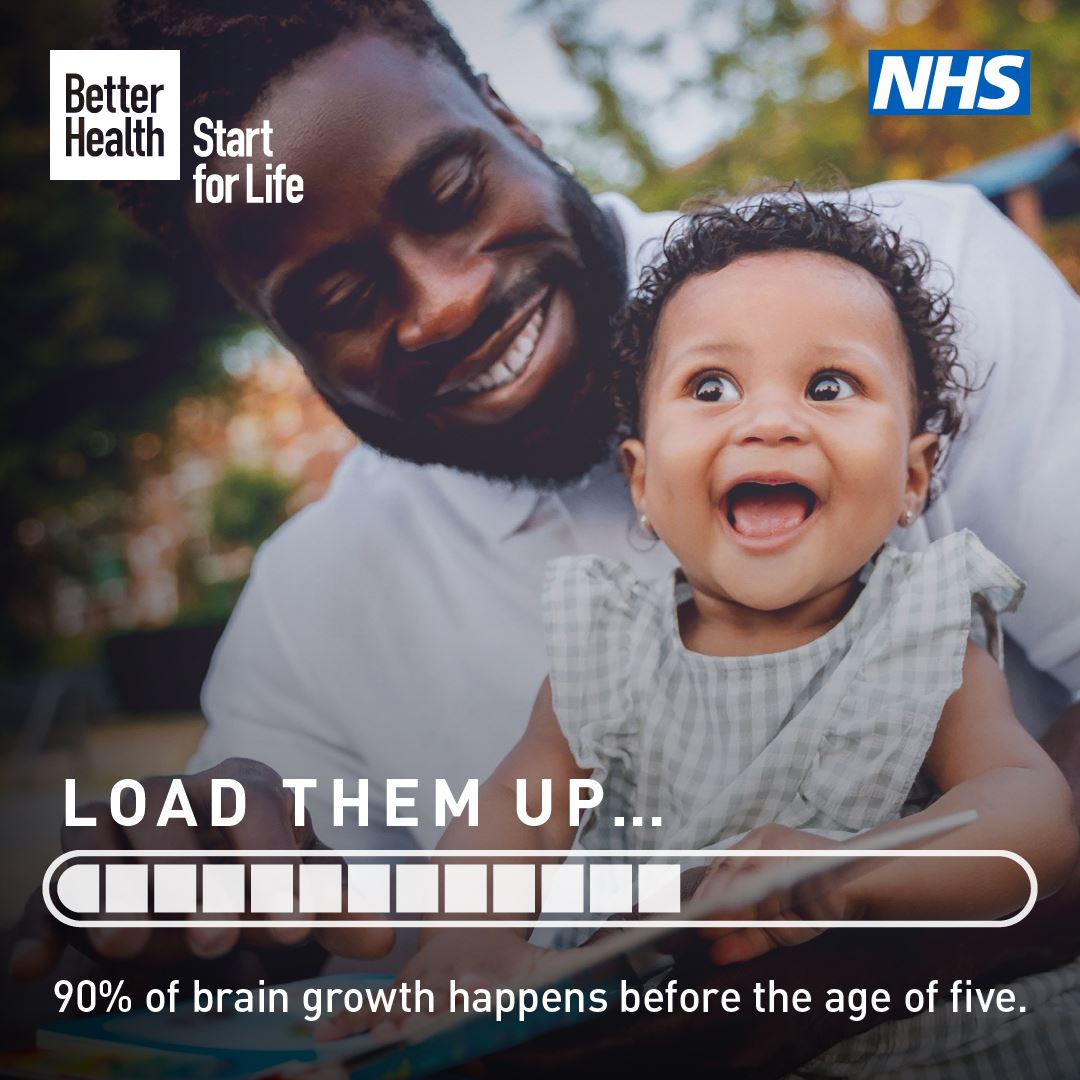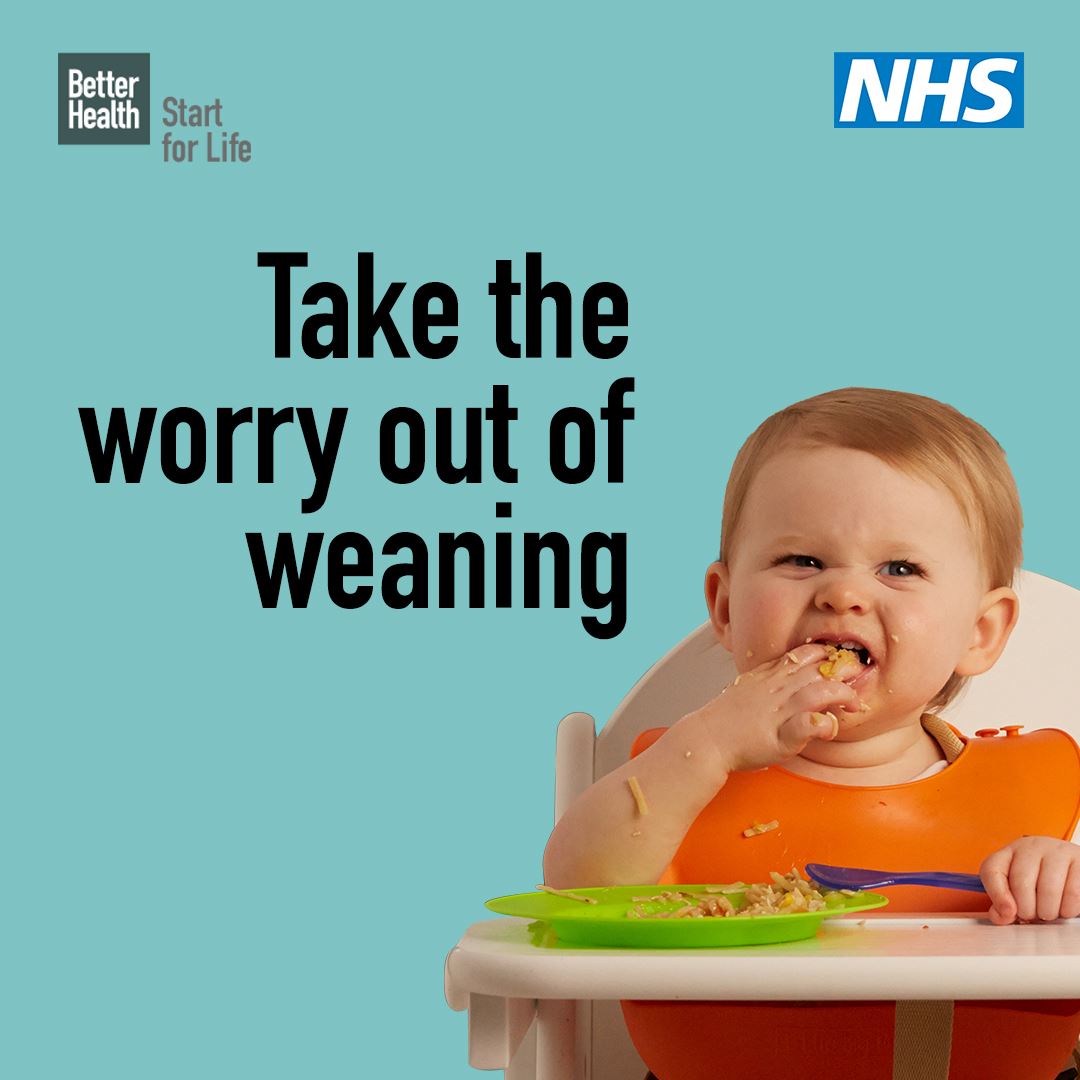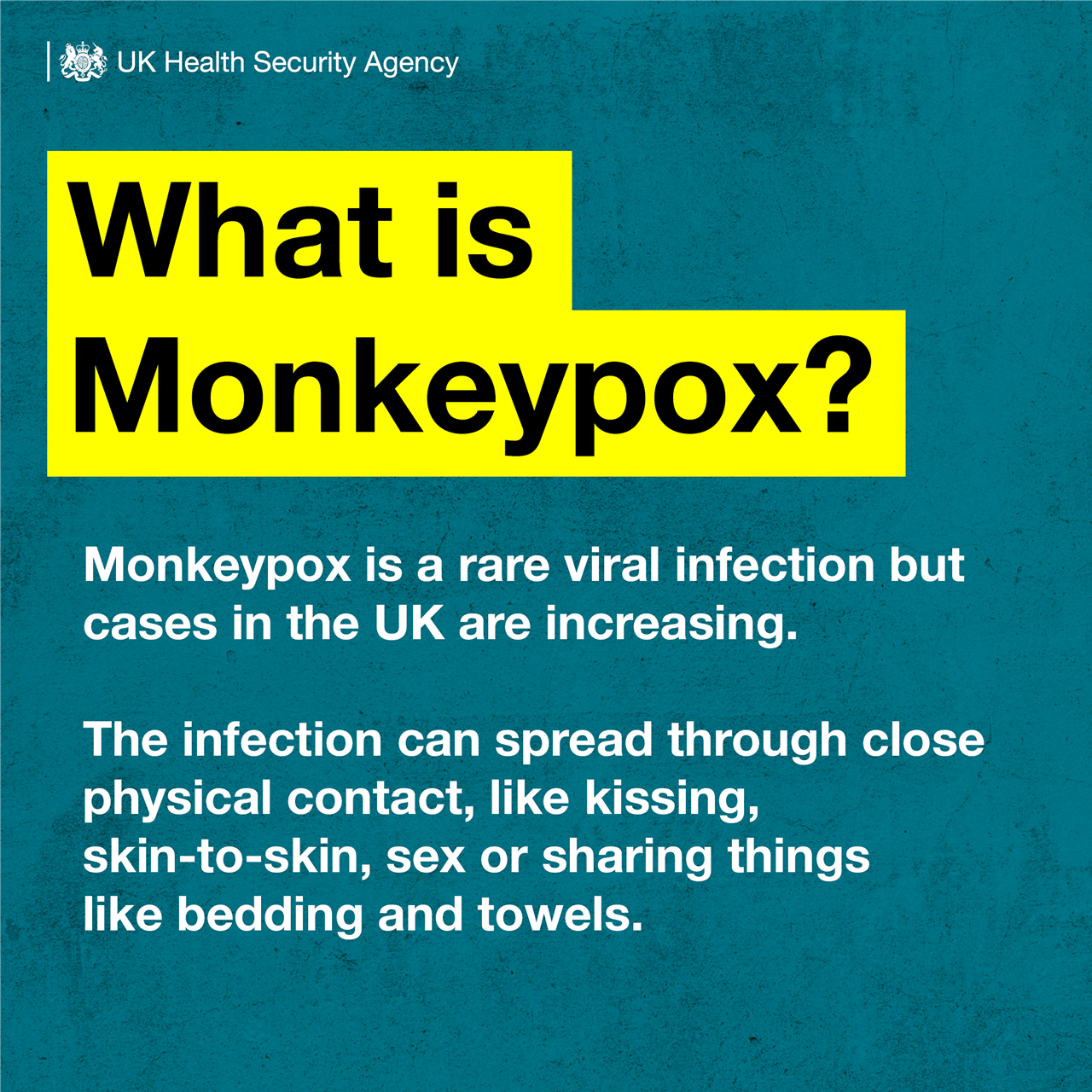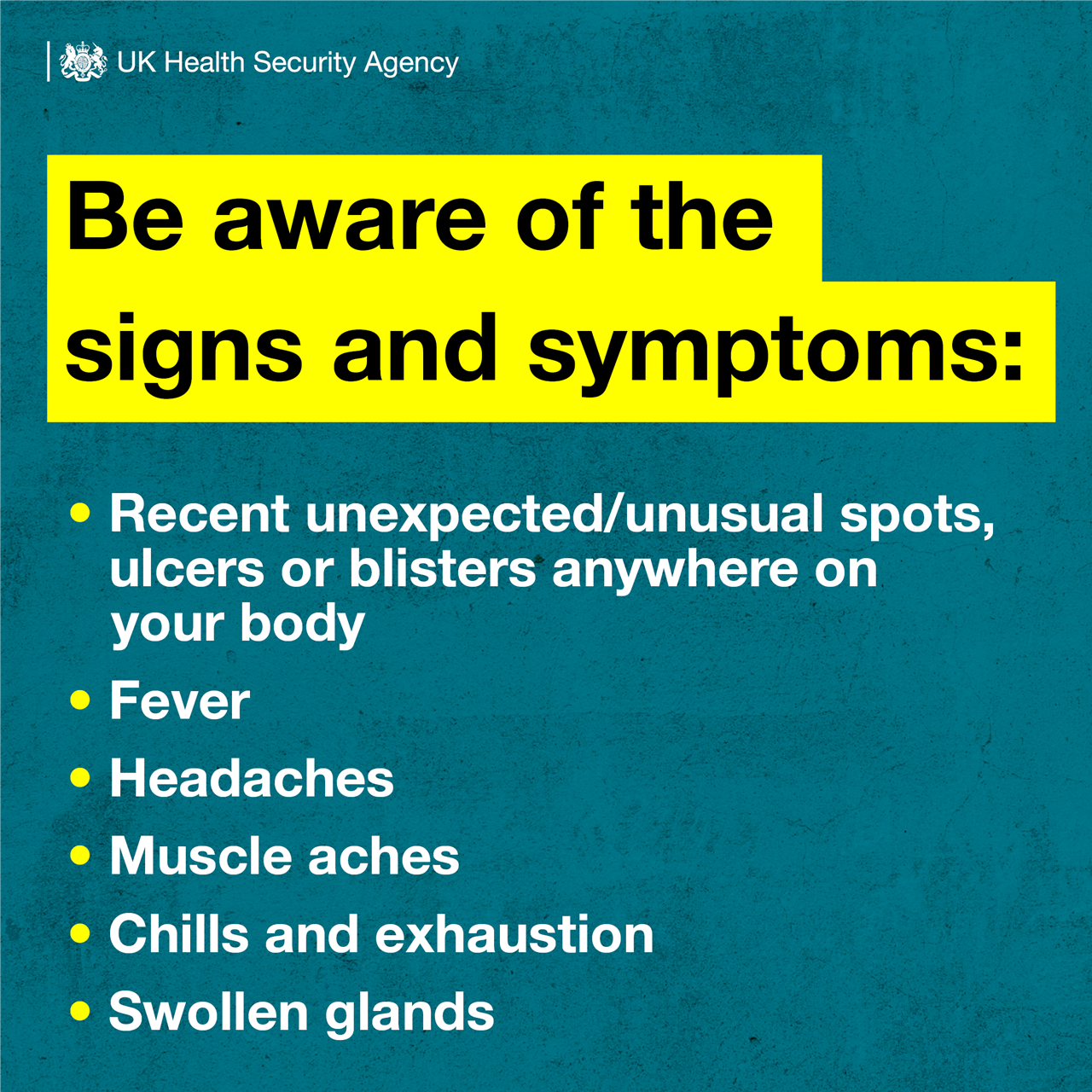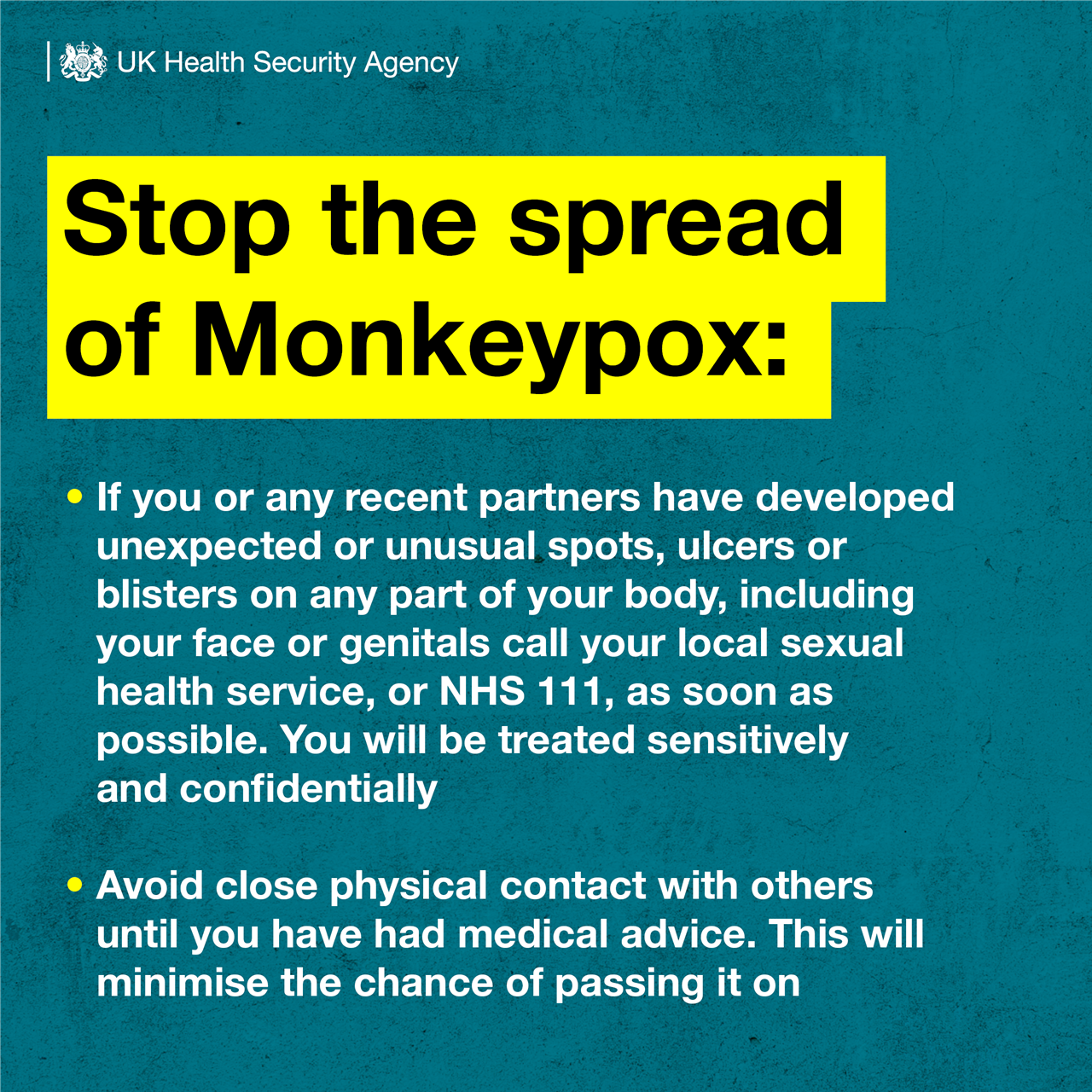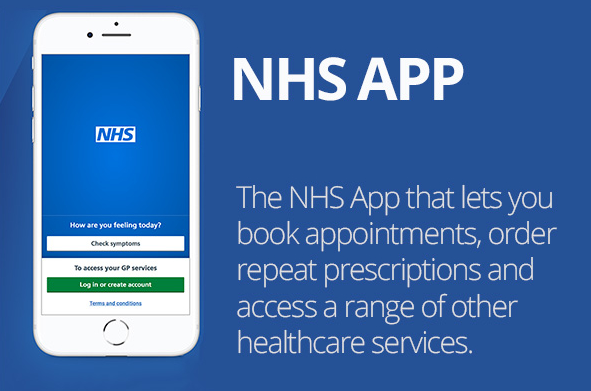News
| Anima Online | NHS App | SystmOne Online | Airmid App |
|
Anima is an online digital triage system where patients can submit their symtoms without having to wait in the phone queue. Whether you call or complete a form yourself all on the day and non-routine GP appointments will now be triaged by a doctor through our new Anima system. |
A simple and secure way to access a range of NHS services on your smartphone or tablet that works through SystmOne online. |
A web based service that can be used on your computer or smart device to access your online record. |
Armid is an app that provides details of local health care organisations. You can login to Airmid using your SystmOnline Username and Password if you have them. Otherwise, Airmid allows you to use your NHS Login. |
|
What you can use this for: |
What you can use this for: |
What you can use this for: |
What you can use this for: |
|
|
|
|
|
To learn more: Anima |
To learn more: The NHS App |
To learn more: SystmOnline |
To learn more: Airmid Cares |
Important: Anima
What is Anima?
Anima is an online consultation platform that allows you to submit requests to your GP practice. Using Anima, you will be able to submit requests tailored to whatever medical problem or admin request you have. Anima will ask you all the same questions that a doctor or someone else at your GP practice would usually ask, meaning they will have all the information they need to help you and make a decision about next steps. Anima is able to help your GP manage health consultations, administrative tasks, send communication, all from one platform.
It's important to know that Anima is not an AI doctor: Anima does not make diagnoses, and Anima doesn't decide what should happen next. It is still your GP practice that decides on the most appropriate care for you.
All requests that you submit through Anima are sent to your GP practice, and a member of staff at your GP practice will be the one who reviews your request and decides what should happen next. Anima just makes the process quicker and more convenient for both you and your GP practice!
Betwen 1st February and 12th April certain individuals may be eligible for the COVID-19 vaccination outside of the usual vaccination season.
If you believe you're eligible due to a new condition, e.g. being immunuspressed, then please contact the practice.
This information will then be passed onto one of our GPs and, if eligible, a referral will be sent to Nottingham University Hospital or Stubley Medical Practice who offer inter-seasonal vaccinations.
Statistics
As of 2025 we would like to share statistics with our patients.
We would like make patients aware of how hard our teams work within the surgery at Darley Dale, Winster and Youlgreave surgeries.
Christmas jumper day.
Every Friday throughout December 2025 staff will wear Christmas jumpers/festive clothing to raise money for Ashgate Hospice who are an amazing charity.
Derbyshire Dales Primary Care Network Expands to Welcome New Practices and Extend Services Across the Dales
Derbyshire Dales Primary Care Network (DDPCN) is proud to announce a major expansion from 1st October 2025, marking a significant milestone in the delivery of primary care across the region.
As part of this expansion:
- Hannage Brook Medical Centre and Ashbourne Medical Practice are joining DDPCN as full network members.
- DDPCN will also begin providing Primary Care Network Directed Enhanced Services (DES) to patients at The Surgery (Ashbourne) and Brailsford Medical Centre.
Together, these changes mean that thousands more patients across the Derbyshire Dales will benefit from a coordinated, integrated approach to primary care — strengthening local services and bringing health and wellbeing support closer to home.
For patients, the changes mean:
- Improved access to services such as care coordination, home visiting, and extended hours.
- Closer collaboration between GP practices, ensuring patients see the right professional at the right time.
- Stronger investment in digital healthcare, including improved use of the NHS App, digital triage, and joined-up patient records.
- A sharper focus on tackling health inequalities, particularly in rural communities where access to care can be more challenging.
Looking ahead
This expansion positions Derbyshire Dales PCN as the single PCN for the entire Dales Area footprint — creating the foundations for:
- Closer working with hospitals, social care, and community providers.
- A more joined-up approach to neighbourhood health services.
- The opportunity to lead in delivering the NHS’s new Neighbourhood Health Service to our patient population
The expansion will be phased, with a transitional structure in place to ensure smooth integration of the new practices and to ensure continuity of care and services to patients
Saturday 4th October 2025 Flu & COVID Campaign
- Flu x 826 vaccinations
- COVID x 305 vaccinations
- Pneumoia x 24 vaccinations
- 'Fast, friendly service from door to door and all points in-between'
- 'Brilliant service and wonderful staff'
- 'As always, very well organised and caring. Lovely people'
- 'Very friendly staff, helpful & considerate'
IGPM 'Call for compassion campaign'
Our Practice is re-sharing the IGPM 'Call for compassion campaign' in support of our AMAZING reception team.
Receptionists are not ‘just admin’ — they are patient advocates, navigating complex systems to get people the care they need.
They are the gateway to the clinical team, and without them, there is no access.
But constant abuse is pushing them to breaking point. Burnout is rising, and we are losing skilled staff who can no longer absorb the emotional toll.
This campaign is a call for compassion — because protecting our reception teams protects access to care. You don't know what happened on the call they just took.
We respectfully ask that our patients & community communicate with our reception staff in a respectful, friendly & courteous manner at all times.
In support of our wonderful hard working staff, our Practice operates a strict no tolerance policy.
Thank you for your understanding on this important matter.
Kind regards
Credas Medical at Darley, Winster & Youlgreave
Save the date: Autumn/Winter Covid and Flu Clinic.
We will be holding a covid & flu clinic on Saturday 4th October.
Eligible patients will be contacted after 10th September 2025. Invitations may come through with a booking link and we encourage patients to use this when arranging their vaccination.
Flu Eligibility:
From 1 September 2025:
- pregnant women
- all children aged 2 or 3 years on 31 August 2025
- primary school aged children (from Reception to Year 6)
From October 2025, exact start date to be confirmed by NHS England in due course:
- those aged 65 years and over
- those aged 18 years to under 65 years in clinical risk groups
- those in long-stay residential care homes
- carers in receipt of carer’s allowance, or those who are the main carer of an elderly or disabled person
- close contacts of immunocompromised individuals
Covid Eligibility:
- residents in a care home for older adults
- all adults aged 75 years and over
- persons aged 6 months and over who are immunosuppressed
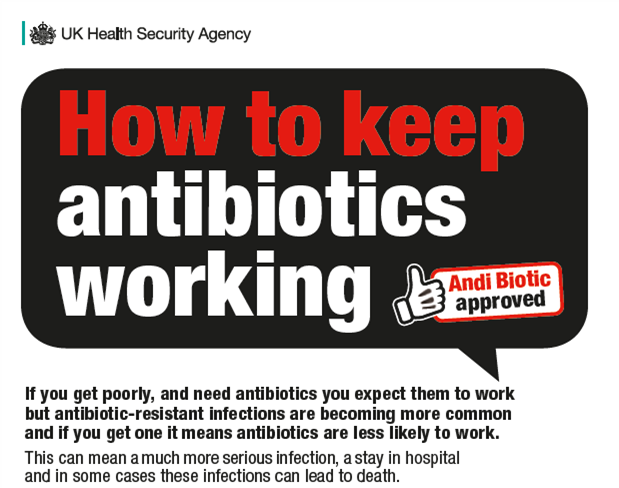
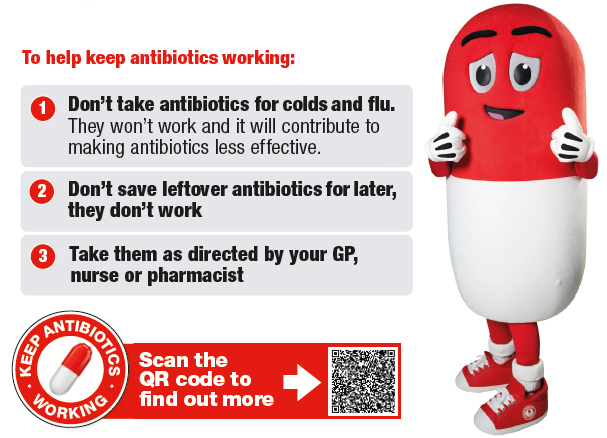
NHS Cervical Screening Programme update
Invites and results
The NHS Cervical Screening Programme has introduced digital invitations and reminders via the NHS App. Eligible people will now receive screening invitations and reminders through the NHS App when they're due. For those where a digital invitation isn’t possible, a letter will be posted as a backup. All invitations will guide participants to book appointments in the usual way. We would encourage everyone to download the NHS App: www.nhs.uk/nhs-app and enable notifications. This digital transformation supports the NHS commitment to put patients in control of their own healthcare, making it easier to manage appointments and health needs.
From September, NHS plans to start sending results from the NHS Cervical Screening Programme, utilising the NHS App.
In September, those who have a negative test result will be notified of this by an NHS App message. It will also appear as an NHS App notification. If the NHS App message isn’t read within 72 hours, a letter will be sent as a failsafe.
Abnormal result letters will continue for the time being to be delivered by post.
This change follows the successful rollout of digital invitations and reminders in June 2025, where since the launch, 9 out of every 10 invitations are being sent digitally, with the remainder being sent by post.
What is changing?
At the moment in England, women and people with a cervix aged 25-49 years are routinely invited for cervical screening every 3 years. But now we have a better test for HPV, the UK National Screening Committee (UKNSC) has recommended that those testing negative won’t need to come for a cervical screening quite so often – every 5 years instead of every 3. If your cervical screening shows you have HPV, you may be invited for more frequent screenings to monitor any cell changes.
Why are cervical screening intervals changing?
The Human Papillomavirus (HPV) causes nearly all cervical cancers. We now use a test which is more sensitive and accurate than the previous method (smear test) to look for HPV in your sample. This helps us offer a more personalised approach by finding out who is at higher risk of developing the cervical cell changes that over time, if left untreated, could lead to cervical cancer.
This change from 3 to 5 yearly screening is backed by robust scientific evidence – studies have shown that if you test negative for HPV you are extremely unlikely to go on to develop cervical cancer within the next 10 years. So now we have this better test, you don’t need to be screened as often if you don’t have HPV.
Information for patients about the weight loss drug Tirzepatide (Mounjaro)
Updated 19 June 2025
This information is about how the weight loss drug tirzepatide (Mounjaro) will be prescribed to patients.
The local NHS is aiming for this drug to be available to those eligible later in the year but is paused whilst we set up local clinics for Derby and Derbyshire.
We are working across the local NHS to put in place community-based clinics to meet areas of greatest need. This is being organised by the Integrated Care Board (ICB) which has the responsibility.
How can I access tirzepatide (Mounjaro)
Please do not contact your GP if you think you are eligible as it will not be available in Derby and Derbyshire until later in the year.
The ICB will publish more information on this page once a service has been set up explaining who can access it and how this can happen.
What is tirzepatide (Mounjaro)
Tirzepatide, also known as Mounjaro, mimics gut hormones released by the body after eating, telling the brain you are full and slowing down the time it takes the stomach to empty.
Who can get these injections
There are clear rules about which patients can get tirzepatide (Mounjaro) from primary care.
Eligible groups will be phased, the initial priority criteria are as follows:
You must have a BMI (Body Mass Index) of 40 plus* and four or more of the following diagnosed health conditions:
✓ type 2 diabetes
✓ high blood pressure
✓ heart disease
✓ obstructive sleep apnoea
✓ abnormal blood fats (dyslipidaemia)
(* We use a lower BMI threshold – usually reduced by 2.5 kg/m2 – for people from South Asian, Chinese, other Asian, Middle Eastern, Black African or African-Caribbean ethnic backgrounds.)
How will the NHS decide who gets tirzepatide (Mounjaro)
It will not be accessible to everyone who wishes to use it. People with the highest health risks and who meet the clinical criteria will be prioritised.
Access to tirzepatide (Mounjaro) will be phased in gradually to make sure primary care services are not overwhelmed and can manage the extra demand safely.
The local NHS in Derby and Derbyshire is aiming for it to be available to people who are eligible later in the year. This is being organised by the Integrated Care Board which has the responsibility.
What should I do if I’m worried about my weight?
There are other options for weight management available in Derby and Derbyshire.
If you are concerned about your weight, you can self-refer into these two weight management schemes which provide help and support.
If you live in Derbyshire you can access: Home – Live Life Better Derbyshire You do not need to contact your GP to access these services.
Heidi Health
Dear Patients,
As a Practice, some Doctors are currently trialling a useful AI (Artificial Intelligence) dictation tool to record patient consultations, called Heidi Health.
This tool will transcribe the data and input it into your medical records. The purpose of using this tool, is to allow the Clinician to focus entirely on you during your consultation, whilst still allowing them to accurately capture medical information.
The data is transcribed by Heidi simultaneously while they happen, meaning that no recordings are ever stored with Heidi. If you do not wish this to be used please do inform the clinician at the beginning of your consultation.
If you would like more information or have any questions, please visit: Heidi Health Resource Centre.
Credas Medical
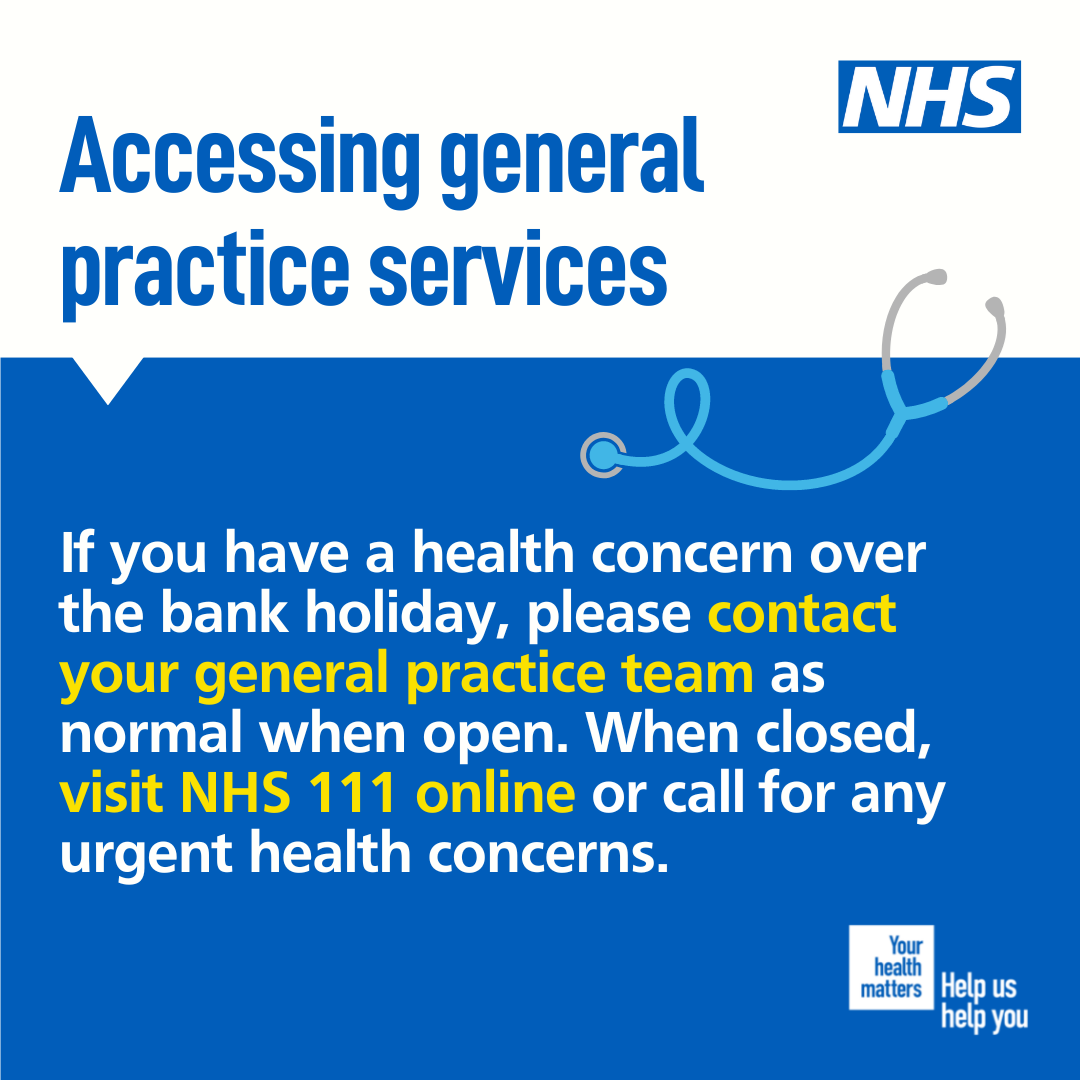
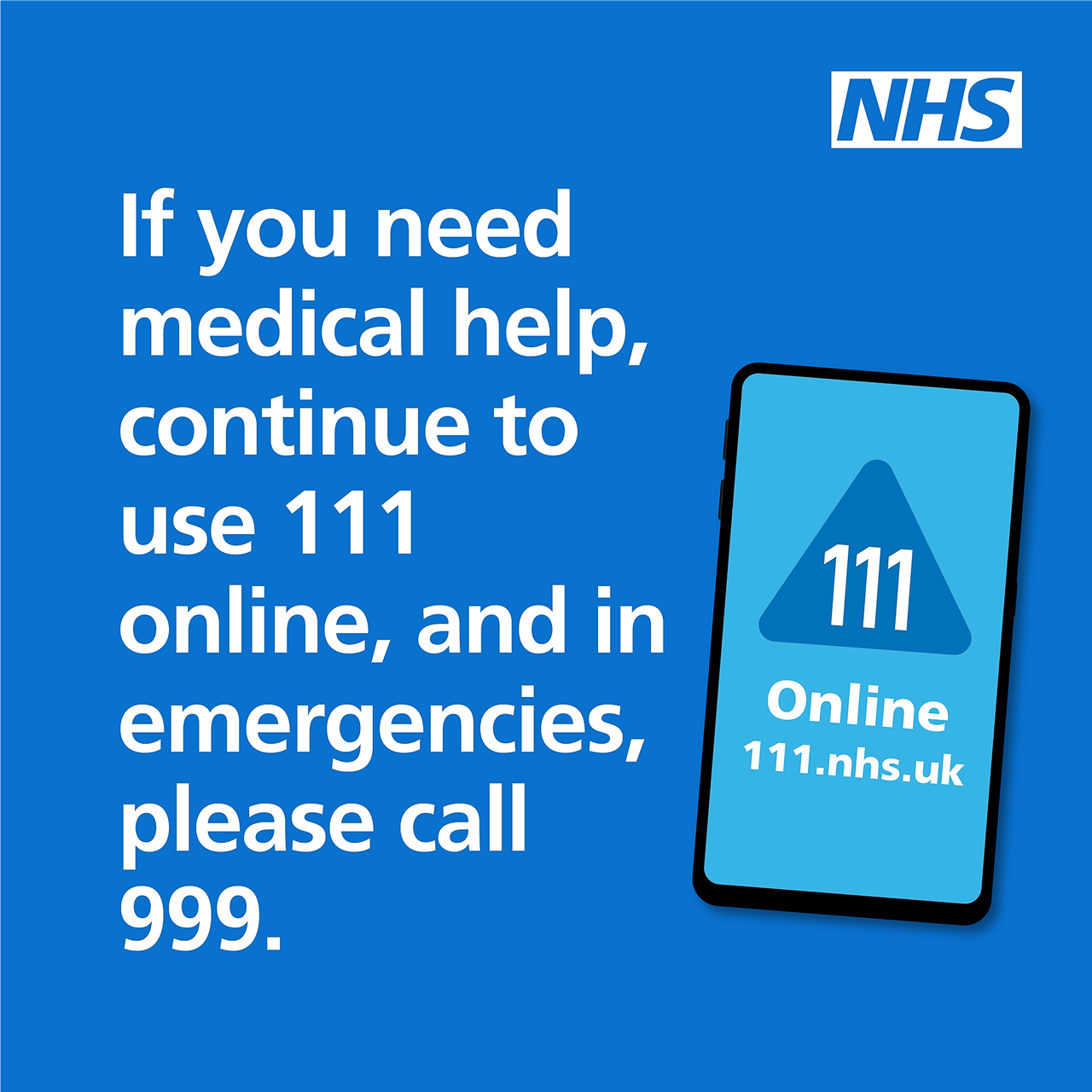
Drug Monitoring Automatic Appointment Booking
The Practice has recently invested in a system called 'Abtrace' to support medication monitoring management for patients.
The new systems allows us to issue automated invitations to patients who are due regular monitoring of bloods, BP and weight for medication monitoring.
This new service will go-live from Tuesday 25 March 2025.
Patients who are due medication monitoring will receive either an SMS or email with a link to book an appointment with the Practice.
When a patient selects the appointment booking link, the patient will be directed to the NHS app, where they will be given option of appointments available across our 3 sites over the next 28 days.
We are looking to align all medication monitoring management for patients to reduce the number of visits each patient attends the Practice over the year by completing all medication management at the same time rather than in individual appointments.
We strongly encourage our patients to use the new automated appointment booking process where possible please.
We're hoping that this new service will:
- Reduce telephone calls to the Practice – allowing additional time for clinically urgent queries
- Reduce the number of visits a patient needs to attend the Practice over the year – opening up more appointment capacity
Kind regards
The Management Team
Credas Medical
NHS App update and changes
|
From 3 February 2025, a very small number of people will no longer be able to use the NHS App on their device as older versions of operating systems for iPhone (iOS) and Android will no longer be supported. This is being done to maintain the high security standards of the NHS App. This will affect those who use iOS 12, Android 6 and Android 7, while those with iOS 13 and iOS 14 can upgrade their device to the minimum supported version, iOS 15. These users will have received in-App messages about this change since May 2024. Those with unsupported devices can still access their NHS App services by logging into their NHS account online, through the NHS website. A step-by-step videos to walk users through how to use the online NHS account are available. More information about NHS App device compatibility can be found on the NHS website. |
Closure of NHS England
Whilst GP surgeries do not yet have all of the details; we wanted to take the opportunity to explain what this means with an aim to reduce any worries or concerns about the NHS and GP Practices:
- The closure of NHS England will not directly impact GP Practices.
- NHS England is one element of the NHS who support the Government with the overall running of the NHS by managing the funding, policies & process etc.
- Any important work completed by NHS England will be outsourced to another appropriate part of the NHS.
Integrated Care Boards (ICB's) who manage the funding & contracts for GP Practices will remain in place and will continue their work with GP Practices to minimise any impact.
The NHS overall will still exist and will continue to service patients in the same way we do currently.
There is talk that the Government would like to transfer some patient services from secondary care into primary care with funding – the details of such services are currently unknown – however, we see this as a positive step forward for the future of primary care.
GP Practices offer excellent patient services for an effective cost and would be happy to review and introduce new patient services with appropriate funding in the future.
Severe Weather Emergency Provision (SWEP) for Rough Sleepers
During the winter local authorities provide emergency beds for people sleeping rough. This is activated when the temperature drops below a certain point for a certain amount of time (this may be applied differently across different local authorities and councils).
In Derbyshire, people need to approach their local council (rather than Derbyshire County Council) to access these provisions or to find out if these provisions have been put in place. If it is outside of the usual council opening hours, the Derbyshire Outreach Team should be contacted (details below).
- To contact the out of hours team: Derbyshire Outreach Team (DOT) - P3
- Out Of Hours number: 0808 1692 333
- Outreach Team e-mail: DOT@p3charity.org
- Additional support during severe weather: Severe weather planning - Derbyshire County Council
- Updates from DCC on road closures, location of grit bins, changes to bin collections etc: Latest snow update - Derbyshire County Council
Vaccine information
BMA GPs work-to-rule
Infected blood public inquiry report - briefing for GP practices
- We know that people may be concerned about their own health following recent media coverage, so we have set up a new online resource for patients and the public to find help and support - https://nhs.uk/infected-blood-support
- Since 1991, all blood donated in the UK is screened and distributed by NHS Blood and Transplant following rigorous safety standards and testing to protect both donors and patients.
- Since testing has been introduced, the risk of getting an infection from a blood transfusion or blood products is very low.
- All blood donors are screened at every donation and every donation is tested before it is sent to hospitals. Blood services and blood safety has been transformed, not only in terms of technological advances in testing but also in the way donors are recruited and checked they are safe to donate.
- Given the time that has elapsed since the last use of infected blood products, most of those who were directly affected have been identified and started appropriate treatment. However, there may be a small number of patients where this is not the case, and particularly where they are living with asymptomatic hepatitis C
- If you are concerned about a possible hepatitis C infection, you can book a home NHS test online. The tests are free and confidential. To receive a self-testing kit which can be quickly dispatched to your home visit hepctest.nhs.uk.
- Hepatitis B is also linked to infected blood, this usually clears up on its own without treatment, but could develop into chronic hepatitis B. Patients can find out more information here - hepatitis B information
- HIV testing is also provided to anyone free of charge on the NHS. Home testing and home sampling kits are also available. You can find out more about HIV testing and the HIV testing services search tool on the NHS website.
- Patients who want more details about the safety of blood from donations in England can find more information here: https://www.blood.co.uk/the-donation-process/further-information/your-safety/
The NHS App
The Surgery would like to invite you to use the NHS App
The new, simple and secure way to access a range of NHS services on your smartphone or tablet.
Get a free home test for hepatitis C
Patients who are concerned that they may be at risk of hepatitis C can now do a simple test at home to find out if they have hepatitis C using the new hepatitis C testing website.
Page created: 06 February 2024
